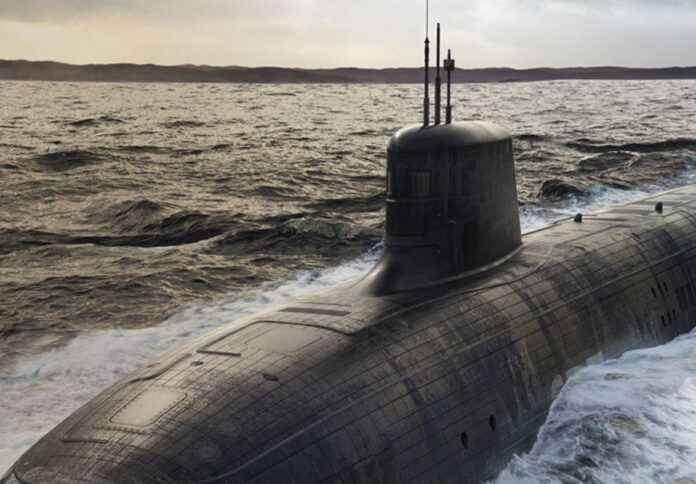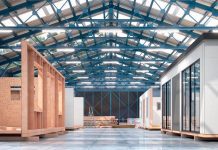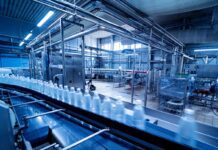
The Australian Government has taken a significant step forward in its plans to construct conventionally-armed, nuclear-powered submarines in South Australia.
A new agreement between the Australian Submarine Agency, ASC, and BAE Systems has been announced, paving the way for preparatory work on the ambitious SSN-AUKUS submarine project.
Back in March, the Australian Government designated ASC and BAE Systems as the sovereign partners for this project, which will be based at the Osborne Naval Shipyard.
The recent collaborative mobilisation agreement will support the extensive planning, workforce development, and procurement activities required to establish the groundwork for the SSN-AUKUS submarine program.
The Deputy Prime Minister, Richard Marles, highlighted the significance of this milestone: “Today’s announcement is another major milestone towards the construction of Australia’s SSN-AUKUS submarines in South Australia.”
The agreement outlines key areas for development, including the formulation of critical plans and schedules for the SSN-AUKUS program, investment in workforce expansion, procurement of essential long lead items, and risk-reduction activities.
This work will also involve infrastructure validation, production configuration, and prototyping.
“These mobilisation arrangements provide the foundation that will underpin a generational uplift in Australia’s industrial base for the construction of this critical capability,” said Marles.
“Construction of Australia’s first SSN-AUKUS submarine will commence in Australia by the end of this decade, and the work to deliver this capability is already well underway.
This will be a whole-of-nation undertaking, one which will provide Australia with robust and resilient supply chains that enhance our national security.”
The Albanese Government has emphasised that an Australian-built nuclear-powered submarine fleet will not only strengthen national security but will also bolster local industry and supply chains, creating substantial job opportunities.
Minister for Finance, Katy Gallagher, noted, “This is a significant day for Australia’s shipbuilding capacity and the future of our domestic industry. The arrangements signed between ASC and BAE Systems will ensure the strong foundations necessary for the construction of Australia’s nuclear-powered submarines.”
The mobilisation agreement establishes the ASC-BAE Systems partnership as a cornerstone of the defence industrial base, contributing to the development of a highly skilled workforce and a secure supply chain within Australia.
The move underscores the government’s commitment to fostering national capability within its defence sector.
“Developing program timeframes, investing in workforce development, and planning for future procurement are all critical steps towards ensuring our sovereign submarine partners can deliver the next generation of Australia’s naval defence capability,” added Gallagher.
Minister for Defence Industry and Capability Delivery, Pat Conroy, reiterated the importance of the AUKUS project: “AUKUS is the largest and most important defence capability project Australia has ever embarked upon, and it is happening now. This agreement is the latest example of that.”
Conroy emphasized the strategic and economic benefits of the enduring ASC-BAE Systems partnership: “The enduring partnership between ASC and BAE Systems solidified today is a monumental strategic asset for Australia and one that will provide decades of certainty for our defence industrial base and financial security for thousands of workers.”
The SSN-AUKUS submarine project represents a transformative shift in Australia’s defence landscape, with the Albanese Government affirming its vision for a defence industry anchored in local expertise.
“This agreement enables critical scopes of work, including the development of the Australian shipbuilding workforce and supply chain, and underscores the Albanese Government’s commitment to a future made in Australia,” Conroy stated.



















